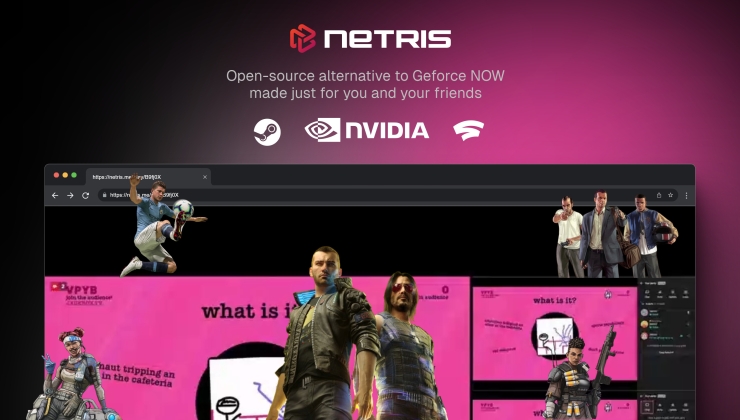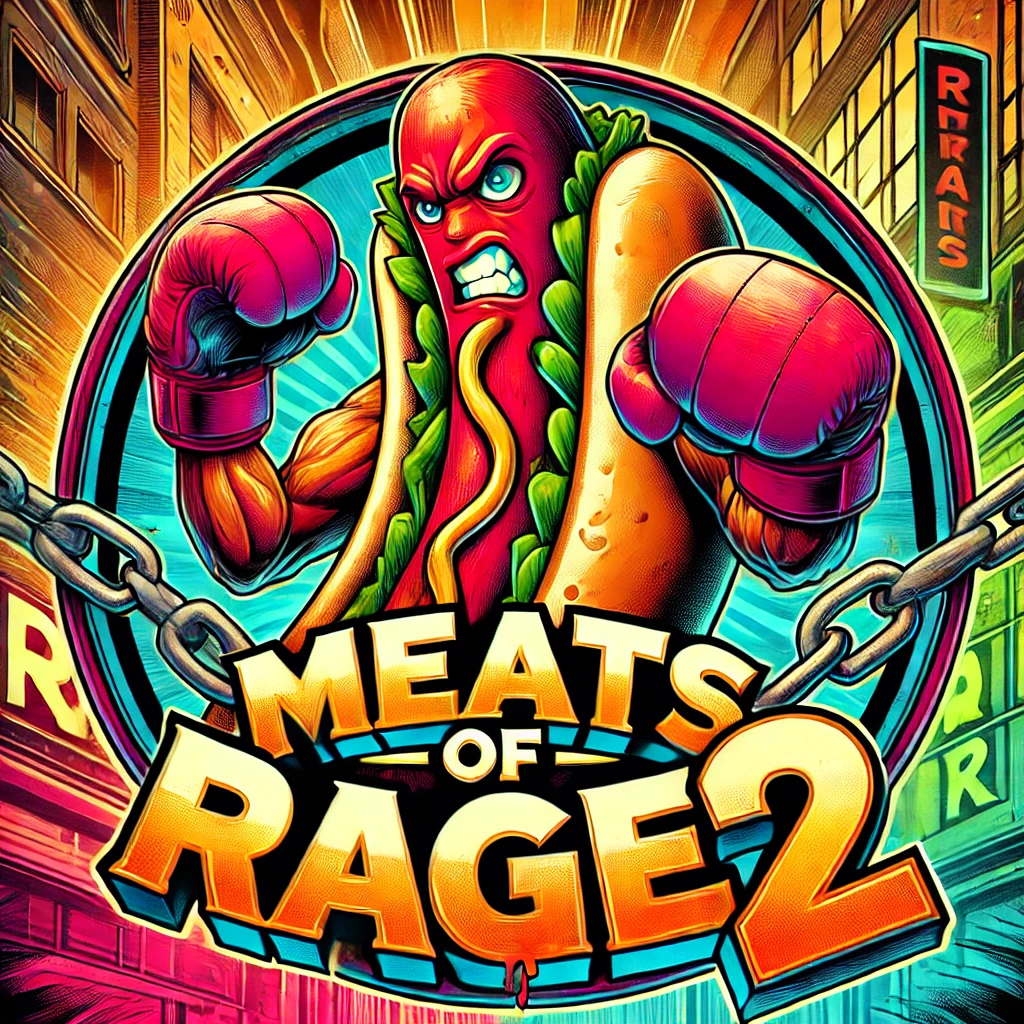there is nothing wrong with the blockchain. cryptos main problem is the proof of work using to much energy. blockchain to actually do work with the energy it uses efficiently is great.
Why on Earth would they make it Nvidia exclusive given how thoroughly that company has screwed the pooch on open source drivers and consequently how dominant AMD has come to be in Linux gaming?
Don’t Nvidia cards natively support this through gamestream? I don’t know if Amd has something similar or not but you can already easily set up something like this to stream to a steam deck
Nvidia game stream is no longer being maintained, although it’s still present in the current versions of GeForce Experience.
The Moonlight/Sunshine projects are open source implementations of Nvidia’s Game Stream protocol and they support non-Nvidia cards.
The nvidia/vulkan open source driver is apparently pretty rad. I haven’t had a chance to test it myself yet since I am running a dual gpu setup that contains one gpu that isn’t supported. The original maintainer for nouveau is apparently also working at Nvidia and contributing to the project as an Nvidia employee now too soooo maybe they are turning over a new leaf?
He goes into detail in the video below. https://odysee.com/@BrodieRobertson:5/did-nvidia-just-officially-support:2
deleted by creator
I don’t know that we’re bitching per se, just kind of a weird choice. It’s like they went to Popeye’s and tried to order a salad, it’s just like yeah, the ingredients are technically there, but why?
Can’t believe they didn’t call it Stadium.
deleted by creator
Stadia was pretty cool honestly, it just never caught on, and it’s game library couldn’t compete with other platforms.
It was magical feeling though, just being able to play any game from my library in anything with a screen. Any Chromecast, Chromebook, old PC, phone, tablet, etc. They could all run any game, and you could switch between them at any time if someone else needed the TV or something like that.
It made it easy to imagine a future where you don’t worry about how to play a game, or ever spend money on a new console or upgrades, or ever have to delete games so you can wait to download another game. You just think “I want to play this game on this screen” and it works.
I didn’t have good gaming gear at the time so I was all in on streaming. Stadia, GeForce now, xcloud, even moonlight on hosted locally with Gamestream. Stadia was hands down the smoothest cloud gaming of all the options I tried. Moving between TV and phone was so quick, no noticeable lag at all and constant 4k.
It’s too bad their business model sucked. Most of the other game streamers have caught up now but I always wished they would have just somehow provided their tech to other services.
I had better luck with Amazon Luna but still never invested much into either since I would be forced to purchase games again specifically for that platform.
Why did they name it like a multiplayer tetris and then not even offer tetris on the platform
Name is probably more a reference to Lutris
awful name, there is some unrelated VNC software thing (which is vaguely similar idea of remote desktop) and the name also just sounds like a Tetris clone (because there is one called Netris)
I actually liked Stadia minus the way they wanted you to purchase games. But the tech was good and had almost no lag for me.
I mean, the purchasing model was fine. It was like any other game store. It’s just it was a new service and lots of people already had existing libraries they wanted to take with them … which just isn’t how that sort of thing normally works. Particularly with the way Google had it designed so that you could play purchased games without a subscription.
I love this idea. Steam library sharing would be amazing if it can be seamless.
Would be cool to see it support libraries outside the Steam ecosystem and have it as a general Wine platform. Would be nice to use it with some GOG games.
Meh,
I was interested and it could be nice. But staying in the loop means registering with a discord or github account. :/
Doesn’t feel very Foss!
True, but they aren’t marketing it as FOSS though.
Oh I do like this one
I could honestly see the blockchain being used to coordinate game ownership between gaming platforms.
I am far from crypto advocate, I think it is a waste of time and resources, but having a blockchain of who owns what games would be great.
Then you could pick the platform you want to download the game from and get the experience you want
Buy Game on Platform A.
Go to Platform B and tell them : see, I bought Game already, let me play it here too.
Platform B : “who are you and why should I care?”
Proving your digital ownership never was the problem. The problem is those platforms are different companies and have no reason to honor a purchase from somewhere else.
I could also see a database being used to coordinate game ownership with a fraction of the power usage. But neither will happen because consumers always get the raw end of the deal and nothing will ever be done to their benefit without being forced.
Sure, I agree but I doubt publisher’s would since a database can be modified.
But blockchains get “bad” records added all the times. Database entries and blockchain blocks are both equally as susceptible to bad business logic making incorrect entries. No business is going to adopt a sales recording system that doesn’t allow them to control the entries and to reverse the entries they don’t agree with.
Publishers will like a database because it can be modified. If they were forced to implement such a system (thus abandoning all ‘sell the same game to the same person twice’ for different platforms), they’d oppose a blockchain system hard, since it would make it pricier to:
a) publish seven bazillion versions of any given game
b) revoke ownership of games just because it’s cheaper to do that than honor the deal they made with customers
c) correct any data-fuckups they will inevitably make because they went for the cheapest route possible to implement this, and it went pear-shaped from day 3 onwardsI’m very much on the database-side here as well. I work for a Telco company here in Germany, and we use several such databases that are regulated by external bodies and government agencies to communicate between carriers (for number porting and such). Works great overall.













